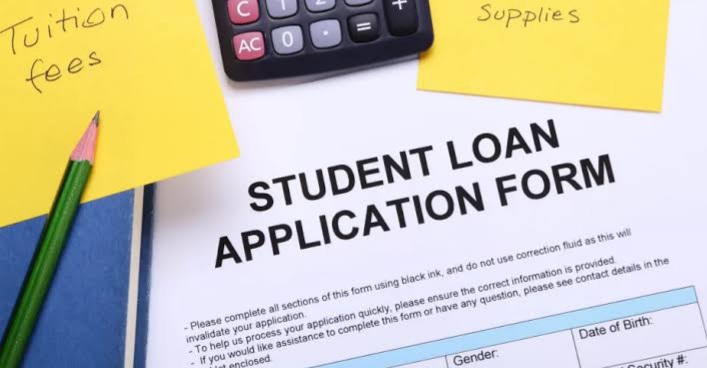Hey there! Are you about filing a student loan application form? It’s crucial to think about the costs, the repayment schedule, what happens if you can’t make the payments, and how the payments can affect your other financial commitments and aspirations before applying for a student loan
In order to cover the high expense of a college education, student loans might offer much-needed assistance. Based on data from Experian, the average amount of student loan debt held by American consumers is $39,487.
It can be difficult to begin your profession and live the rest of your life with so much debt. Thus, even if you are unable to completely avoid student loans, consider the following before applying.
4 Things To Think About Prior To Filing A Student Loan Application
-
The Price of Borrowing Money for Education
Although federal student loans are less expensive than alternative loan options, the cumulative effect of interest and other loan costs can be significant.
Depending on the loan program, federal loan interest rates for the 2024 academic year range from 4.99% to 7.54%. In addition, depending on the type of loan you receive, an upfront loan fee of 1.057% or 4.228% will be withheld from your payout.
For instance, if the average interest rate on a $39,487 balance was 6%, you would have to pay $52,606 in total over the course of the typical 10-year payback period. Total interest costs may increase significantly if you want to extend your term or enroll in an income-driven repayment plan.
In fact, even if you’re making consistent monthly payments, your loan debt may increase over time under some income-driven repayment programs.
-
How Compensation Is Processed
Payments on the majority of student loans are postponed as long as you attend classes at least half-time. You usually get six months of grace once you graduate, drop out of school, or become less than half-time; after that, you have to start making monthly payments.
The interest that accrues while you are in school will be added to the balance of your student loans unless you have federal loans that are subsidized or you make interest-only payments. Student loan servicers and lenders will amortize your loan balance over your fixed repayment term to determine your monthly payment.
If you have federal loans, you might be able to change your repayment terms to something like an income-driven repayment plan, a graded repayment plan, or a longer repayment period. These features are not usually available from private lenders, but if you refinance your loans, you may be able to alter the payback period.
-
What Takes Place if You Are Unable to Pay Back Your Student Loans?
Any of the four income-driven repayment programs that the Education Department offers could help lower your monthly payments if you have federal student loans. Additionally, you might possibly be eligible for a deferment or forbearance, which would let you temporarily stop making payments in the event that you run into financial troubles.
Your lender’s policies may limit your possibilities for relief if you have private student loans. There are normally no income-driven repayment plans available, and while deferment or forbearance may be offered by some lenders, the terms are typically not as favorable as those offered by federal loans.
RECOMMENDED:¬Selecting The Optimal Repayment Plan For Student Loans
Penalties apply to both federal and private loan late payments, and your credit may suffer if you miss a payment by more than thirty days. Your loans will enter default if you stop making payments altogether; this usually happens after nine months of nonpayment on federal loans, but considerably less time with private loans. Your balance would then become instantly due, and you might also be responsible for collection costs.
-
How Paying Back Student Loans May Affect Other Financial Objectives
While you’re still in college, you might not have many financial responsibilities or long-term financial objectives. However, after you begin working and earn a consistent salary, you might begin to consider setting up an emergency fund, purchasing a home, saving for retirement, and reaching other significant financial milestones.
However, if you take out a lot of student loans, you can find it difficult to achieve other key financial objectives. Paying down student loans can sometimes prevent you from achieving other goals, at least not until the debt is all settled.
Try to plan ahead, think about the various goals you want to pursue after graduation, and educate yourself on the ways student loans may affect your ability to achieve those goals.
Conclusion
Although student loan application might be a simple process, you should carefully consider the possible effects that student loans may have on your post-graduation financial circumstances. By pursuing alternative means of financing for your education, such as grants, scholarships, part-time employment, and other options, you can lessen your dependency on student loans and ultimately save money.

